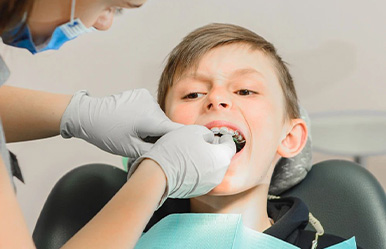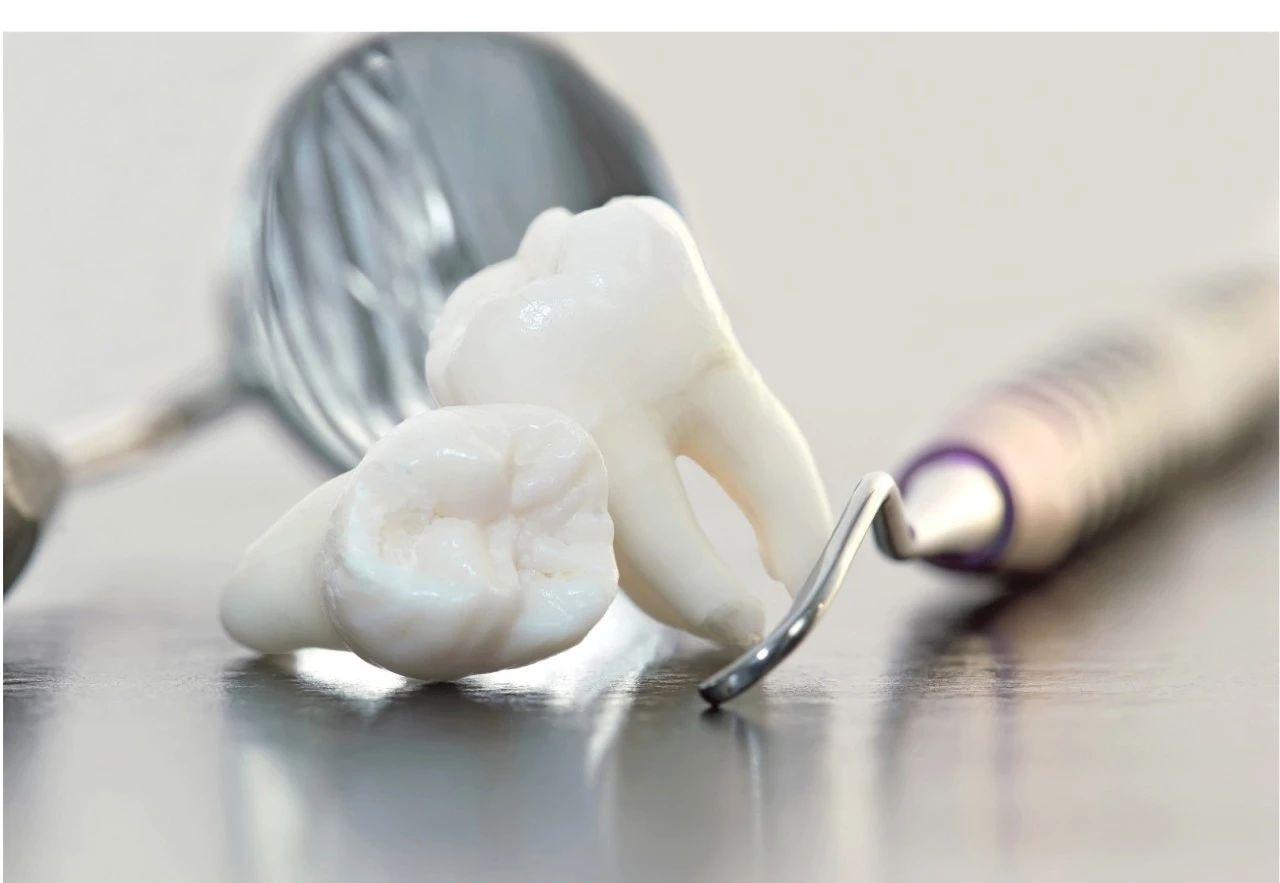How to Keep Your Kid Healthy for the Exams
2021-05-27

Although exams may be a stressful period for everyone at home, it doesn’t have to take a toll on your child’s health. Here are 6 ways to make sure your child is in their best condition for the exams.
Ensure your child eats well
One of the best ways to ensure your child's brain is healthy
and nourished in the long term, is through their diet.
Importance of Proteins
Balanced
diet and rational nutrition will make sure that they have enough fuel to play, study
and grow.
Recommended protein intake for children 7 to 11 years of age is about 1 gram per kg.
Protein
should constitute 10 to 30 percent of total energy intake for children 4 to 18
years of age.
Seafood, lean meat and poultry, eggs, beans, peas, soy
products, and unsalted nuts and seeds are good options. Including 'brain foods'
in their regular diet, such as fish rich in omega 3, will improve brain health
by providing the essential fatty acids necessary for brain function. Other
foods such as dark vegetables and fruits are rich in antioxidants, proven to
promote brain health and offer protective benefits for cognition and memory. If
your child likes to snack while studying, unsalted nuts and seeds like walnuts,
hazelnuts and sunflower seeds are a much better alternative to processed snacks
like chips. These are high in vitamin E, which have been linked to less
cognitive decline with age.
Healthy
snacks include fresh fruit, cheese, whole-grain crackers or bread products,
milk, raw vegetables, 100 percent fruit juices, sandwiches, peanut butter, and
yogurt.
For a boost in concentration, try green tea instead of
coffee. Green tea not only increases attentiveness but is a good source of
antioxidants and helps with anxiety as well.
Caffeine
– the villain
100 grams of coffee has 40 mg of caffeine, while tea has 11 mg.
Health Canada suggests the following limits for caffeine consumption in children and adolescents:
- Age 4 to 6 years – ≤45 mg/day
- Age 7 to 9 years – ≤62.5 mg/day
- Age 10 to 12 years – ≤85 gm/day
- Age ≥13 years – ≤2.5 mg/kg of body weight per day
Closer to the exam, make sure they eat complex carbs such as
whole-wheat bread, instead of snacks high in sugar like candy bars.
Watch out for that slouch
Exam revision often means sitting at a desk for hours on end, poring over books or the computer screen, and this can often lead to body aches if your child does not take care of their posture. Poor posture can lead to headaches or pain in the back, neck and shoulder.
Teaching your child good
habits early on will greatly reduce the risk of such problems.
One of the first things you can do is to make sure the study
desk and chair are ergonomic. Choose a chair that has a good backrest and is
adjustable for height and tilt, and a table that is around your child's elbow
level when sitting down. Secondly, get your child to practice sitting and
standing with a correct posture. This will go a long way in reducing the risk
of musculoskeletal injuries in the long run. Finally, allow them to take
frequent rest breaks. Sitting for extended periods of time is never healthy,
and taking breaks also allows them to refocus their minds. During these breaks,
they can do simple stretching exercises to ease the tension or discomfort from
sitting for a long time.
Get the heart pumping
You may be tempted to keep your child from playing when
exams are approaching, to make sure they don’t get injured or fall sick.
However, it is actually important that you encourage them to get up and
exercise. Research has found that regular aerobic exercise helps to boost the
region of the brain associated with verbal memory and learning. This is not to
mention the numerous other benefits of exercises in reducing the risks of many
other medical conditions.
Giving them some time to play their favorite sports and to
get their blood pumping will also not only help them to relieve stress by
providing a boost in endorphins but can over time even improve their
self-confidence. If you are worried that they may over-exert or injure
themselves too close to the exams, exercises that are moderate in intensity,
such as swimming or walking, will help too.
Take care of the eyes
Studying for long periods of time may take a toll on your
child’s eyes, especially if they study using the computer. It can cause blurry
vision, eye strain, headaches, as well as neck and back pain. Teach your child
to follow the simple 20-20-20 rule – for every 20 minutes of reading or using
the computer, look 20 feet away for 20 seconds. Also, make sure the computer
screen is positioned at least 50cm away from the eyes, and books at least 30cm
away.
Get a good night’s rest
Although many students – especially night owls, often stay
up late revising, skipping sleep before a major exam will do more harm than
good. Studies have found that the lack of sleep actually causes the regions of
the brain associated with planning and evaluating decisions to shut down. The
consolidation of long-term memories also occurs during deep sleep, which means
it is vital to catch enough sleep in order to retain what you studied in the
long run. In all, adequate sleep of about 8 – 9 hours a day for those aged 12 –
18, will improve your child’s mood, concentration, and overall productivity,
and help to manage stress levels.
To make sure your child gets a good night’s sleep, it is
best to take half an hour or so to unwind before going to bed. Avoid using the
computer or the phone before going to bed or in bed – the blue light from these
devices have been known to affect sleep. Keeping a bedtime routine, such as
putting away books and brushing the teeth before going to bed, can also help
them to fall asleep easier.
Make time for friends
Letting your child socialize or go out to play with other children may not be at the top of your list when exams are approaching, but it is certainly worthwhile to make sure they get enough time to maintain social relationships. Social relationships are intrinsically important to humans and are known to have an impact on stress and mood levels. To understand the importance of social relationships for an
individual's well-being, consider this: studies have found
that the feeling of isolation from others may adversely affect your sleep,
increase blood pressure, and increase levels of the stress hormone cortisol.
During a stressful exam period in particular, your child may find it helpful to
connect with peers who are going through the same thing.
For more information or to make an appointment with one of our Pediatricians, contact us at 400.819.6622.
Article reviewed by Dr. Yanhong Li, Pediatrician at
ParkwayHealth

Copyright: Health Plus an online health and wellness web
resource developed by Parkway Singapore





























